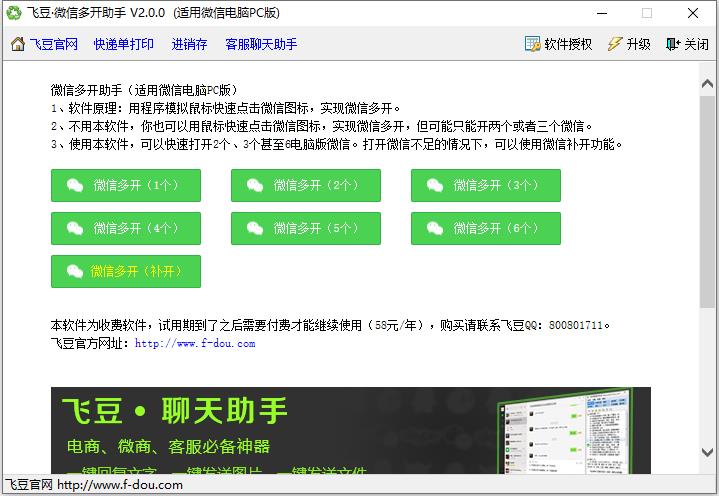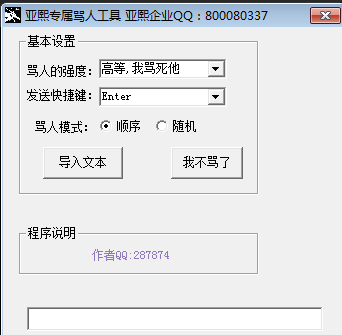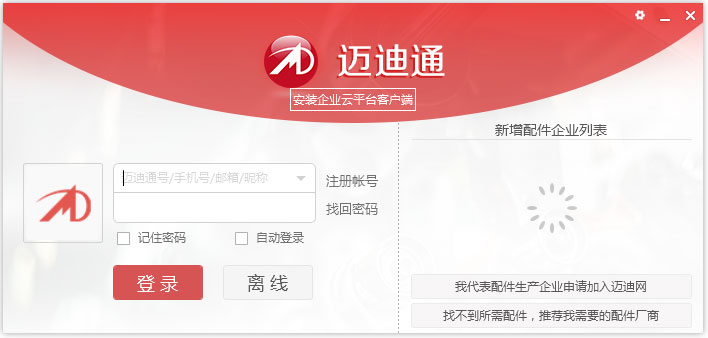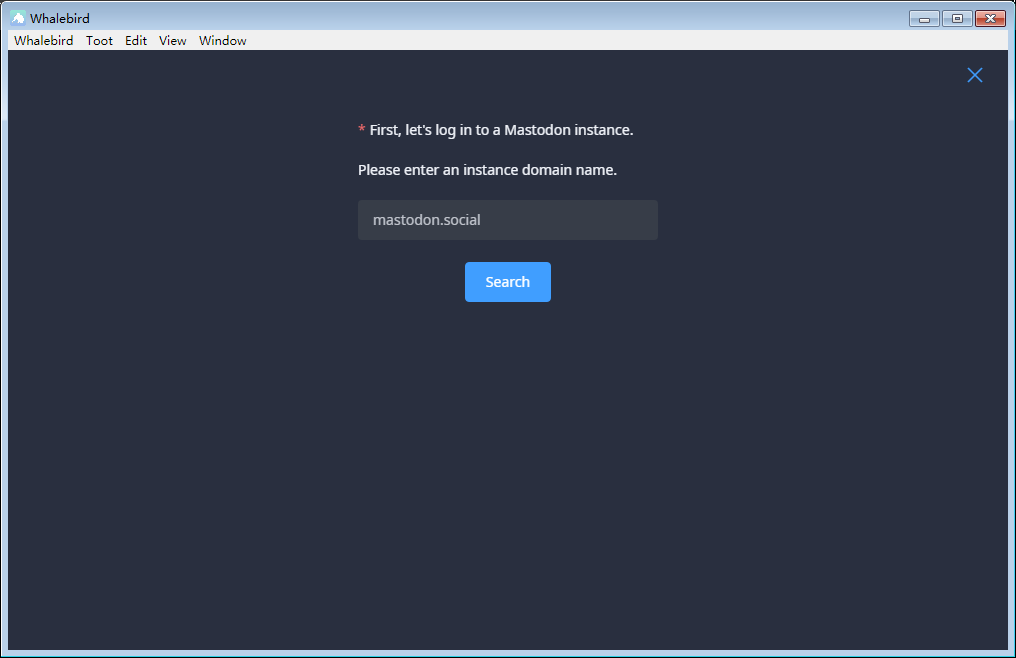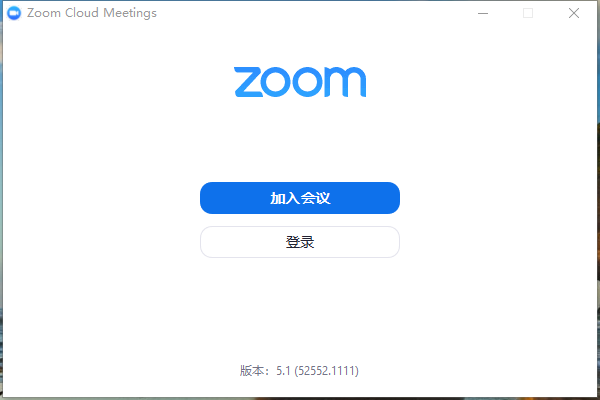Oracle UTL_HTTP(收集汇总有用资料)
时间:2022-03-14 02:45
From Oracle
The The following can be called at any time: Non-protocol interfaces that manipulate cookies Error Code Reason
Constants
Name
Data Type
Value
HTTP protocol versions that can be used in the function begin_request
HTTP_VERSION_1_0
VARCHAR2(64)
HTTP/1.0
HTTP_VERSION_1_1
VARCHAR2(64)
HTTP/1.1
Default TCP/IP port numbers that a HTTP server listens
DEFAULT_HTTP_PORT
PLS_INTEGER
80
DEFAULT_HTTPS_PORT
PLS_INTEGER
443
Status codes of a HTTP response as defined in HTTP 1.1
HTTP_CONTINUE
PLS_INTEGER
100
HTTP_SWITCHING_PROTOCOLS
PLS_INTEGER
101
HTTP_OK
PLS_INTEGER
200
HTTP_CREATED
PLS_INTEGER
201
HTTP_ACCEPTED
PLS_INTEGER
202
HTTP_NON_AUTHORITATIVE_INFO
PLS_INTEGER
203
HTTP_NO_CONTENT
PLS_INTEGER
204
HTTP_RESET_CONTENT
PLS_INTEGER
205
HTTP_PARTIAL_CONTENT
PLS_INTEGER
206
HTTP_MULTIPLE_CHOICES
PLS_INTEGER
300
HTTP_MOVED_PERMANENTLY
PLS_INTEGER
301
HTTP_FOUND
PLS_INTEGER
302
HTTP_SEE_OTHER
PLS_INTEGER
303
HTTP_NOT_MODIFIED
PLS_INTEGER
304
HTTP_USE_PROXY
PLS_INTEGER
305
HTTP_TEMPORARY_REDIRECT
PLS_INTEGER
307
HTTP_BAD_REQUEST
PLS_INTEGER
400
HTTP_UNAUTHORIZED
PLS_INTEGER
401
HTTP_PAYMENT_REQUIRED
PLS_INTEGER
402
HTTP_FORBIDDEN
PLS_INTEGER
403
HTTP_NOT_FOUND
PLS_INTEGER
404
HTTP_NOT_ACCEPTABLE
PLS_INTEGER
406
HTTP_PROXY_AUTH_REQUIRED
PLS_INTEGER
407
HTTP_REQUEST_TIME_OUT
PLS_INTEGER
408
HTTP_CONFLICT
PLS_INTEGER
409
HTTP_GONE
PLS_INTEGER
410
HTTP_LENGTH_REQUIRED
PLS_INTEGER
411
HTTP_preCONDITION_FAILED
PLS_INTEGER
412
HTTP_REQUEST_ENTITY_TOO_LARGE
PLS_INTEGER
413
HTTP_REQUEST_URI_TOO_LARGE
PLS_INTEGER
414
HTTP_UNSUPPORTED_MEDIA_TYPE
PLS_INTEGER
415
HTTP_REQ_RANGE_NOT_SATISFIABLE
PLS_INTEGER
416
HTTP_EXPECTATION_FAILED
PLS_INTEGER
417
HTTP_NOT_IMPLEMENTED
PLS_INTEGER
501
HTTP_BAD_GATEWAY
PLS_INTEGER
502
HTTP_SERVICE_UNAVAILABLE
PLS_INTEGER
503
HTTP_GATEWAY_TIME_OUT
PLS_INTEGER
504
HTTP_VERSION_NOT_SUPPORTED
PLS_INTEGER
505
Data Types-- represent the remote hosts and TCP/IP ports of a network connection that is kept persistent after an HTTP request is completed, according to the HTTP 1.1 protocol specification.TYPE
connection IS RECORD (
host VARCHAR2(256),
port PLS_INTEGER,
proxy_host VARCHAR2(256),
proxy_port PLS_INTEGER,
ssl BOOLEAN);
TYPE connection_table IS TABLE OF connection INDEX BY BINARY_INTEGER;
-- A PL/SQL record type that represents a HTTP cookie
TYPE cookie IS RECORD (
name VARCHAR2(256), -- Cookie name
value VARCHAR2(1024), -- Cookie value
domain VARCHAR2(256), -- Domain for which the cookie applies
expire TIMESTAMP WITH TIME ZONE -- When should the cookie expire?
path VARCHAR2(1024), -- Virtual path for which the cookie applies
secure BOOLEAN, -- Transfer cookies by HTTPS only
version PLS_INTEGER, -- Cookie specification version
comment VARCHAR2(1024)); -- Comments about this cookie
-- PL/SQL table of cookiesTYPE cookie_table IS TABLE OF cookie INDEX BY BINARY_INTEGER;
-- VARCHAR2 table for returning HTML from request_pieces
TYPE html_pieces IS TABLE OF VARCHAR2(2000) INDEX BY BINARY_INTEGER;
-- A PL/SQL record type that represents a HTTP request
TYPE req IS RECORD (
url VARCHAR2(32767 byte), -- Requested URL
method VARCHAR2(64), -- Requested method
http_version VARCHAR2(64), -- Requested HTTP version
private_hndl PLS_INTEGER); -- For internal use only
-- PL/SQL record type that represents a HTTP response
TYPE resp IS RECORD (
status_code PLS_INTEGER, -- Response status code
reason_phrase VARCHAR2(256), -- Response reason phrase
http_version VARCHAR2(64), -- Response HTTP version
private_hndl PLS_INTEGER); -- For internal use only
/* Note:
* - the "private_xxxx" field(s) in the req and resp record types are for
* internal use only and users should not try to modify them.
* - the HTTP information returned in the req and resp from the API
* begin_request and get_response are for read only. Changing the
* field values in the records has no effect to request or reesponse
* when making calls to the API in this package.
*/
Dependencies
DBMS_AQADM_SYS
ORDX_HTTP_SOURCE
UTL_HTT_LIB
DBMS_AQELM
PLITBLM
UTL_RAW
DBMS_PRVTAQIP
URIFACTORY
UTL_URL
HTTPURITYPE
Constants
Exception Name
init_failed
-29272
The UTL_HTTP pkg initialization failed
request_failed
-29273
The HTTP request failed
bad_argument
-29261
A bad argument was passed to an API
bad_url
-29262
The URL is bad
protocol_error
-29263
A HTTP protocol error occurred
unknown_scheme
-29264
The scheme of the URL is unknown
header_not_found
-29265
The HTTP header is not found
end_of_body
-29266
The end of response body is reached
illegal_call
-29267
The API call is illegal at this stage
http_client_error
-29268
A 4xx response code is returned
http_server_error
-29269
A 5xx response code is returned
too_many_requests
-29270
Too many open requests or responses
partial_multibyte_char
-29275
A partial multi-byte character found
transfer_timeout
-29276
Transfer time-out occurred
Security Model
?
ADD_COOKIES
Adds the cookies maintained by UTL_HTTPutl_http.add_cookies(cookies IN cookie_table);
CREATE OR REPLACE PROCEDURE restore_cookies(this_session_id IN BINARY_INTEGER) AS
cookies utl_http.cookie_table;
cookie utl_http.cookie;
i PLS_INTEGER := 0;
CURSOR c (c_session_id BINARY_INTEGER) IS
SELECT *
FROM my_cookies
WHERE session_id = c_session_id;
BEGIN
FOR r IN c(this_session_id)
LOOP
i := i + 1;
cookie.name := r.name;
cookie.value := r.value;
cookie.domain := r.domain;
cookie.expire := r.expire;
cookie.path := r.path;
IF (r.secure = ‘Y‘) THEN
cookie.secure := TRUE;
ELSE
cookie.secure := FALSE;
END IF;
cookie.version := r.version;
cookies(i) := cookie;
END LOOP;
utl_http.clear_cookies;
utl_http.add_cookies(cookies);
END;
/
BEGIN_REQUEST
Begins a new HTTP request. When the function returns, the UTL_HTTP
package has established the network connection to the target Web server, or the proxy server if a proxy server is to be used, and has sent the HTTP request line. The PL/SQL program should continue the request by calling some other API to complete the request.utl_http.begin_request(
url IN VARCHAR2,
method IN VARCHAR2 DEFAULT ‘GET‘,
http_version IN VARCHAR2 DEFAULT NULL) RETURN req;
set serveroutput on
DECLARE
req utl_http.req;
resp utl_http.resp;
value VARCHAR2(1024);
BEGIN
req := utl_http.begin_request(‘http://www.psoug.org‘);
utl_http.set_header(req, ‘User-Agent‘, ‘Mozilla/4.0‘);
resp := utl_http.get_response(req);
LOOP
utl_http.read_line(resp, value, TRUE);
dbms_output.put_line(value);
END LOOP;
utl_http.end_response(resp);
EXCEPTION
WHEN utl_http.end_of_body THEN
utl_http.end_response(resp);
END;
/
CLEAR_COOKIES
Clears all the cookies currently maintained by the UTL_HTTP package
utl_http.clear_cookies
See ADD_COOKIES Demo
CLOSE_PERSISTENT_CONN
Closes a HTTP persistent connection in the current session
utl_http.close_persistent_conn(conn IN connection);
TBD
CLOSE_PERSISTENT_CONNS
Closes a group of HTTP persistent connections maintained by the UTL_HTTP package in the current database session. This procedure uses a pattern-match approach to decide which persistent
connections to close.
utl_http.close_persistent_conns(
host IN VARCHAR2 DEFAULT NULL,
port IN PLS_INTEGER DEFAULT NULL,
proxy_host IN VARCHAR2 DEFAULT NULL,
proxy_port IN PLS_INTEGER DEFAULT NULL,
ssl IN BOOLEAN DEFAULT NULL);
exec utl_http.close_persistent_conns(host => ‘washington.edu‘, proxy_port => 80);
END_REQUEST
Ends the HTTP request
utl_http.end_request(r IN OUT NOCOPY req);
TBD
END_RESPONSE
Ends the HTTP response. This completes the HTTP request and response. Unless HTTP 1.1 persistent connection is used in this request, the network con
相关推荐
电脑软件
热门排行
今日推荐
热门手游
